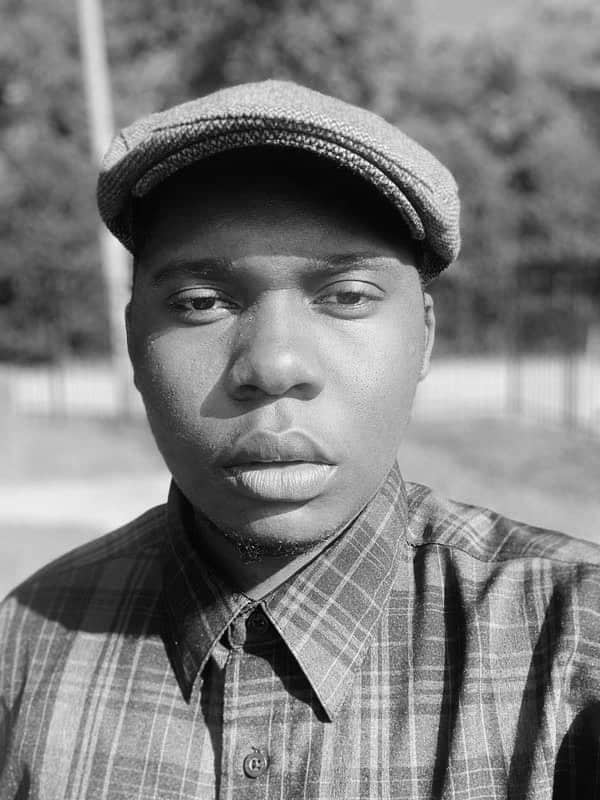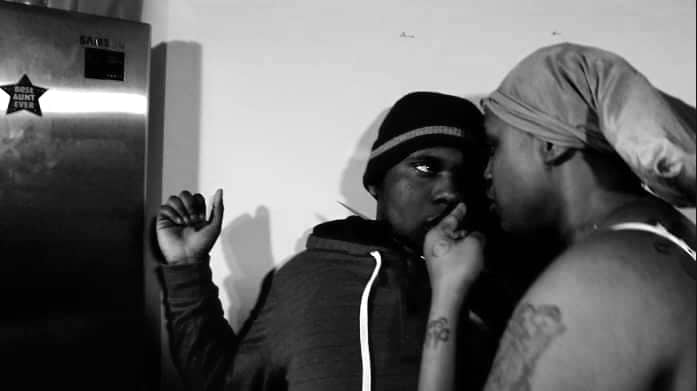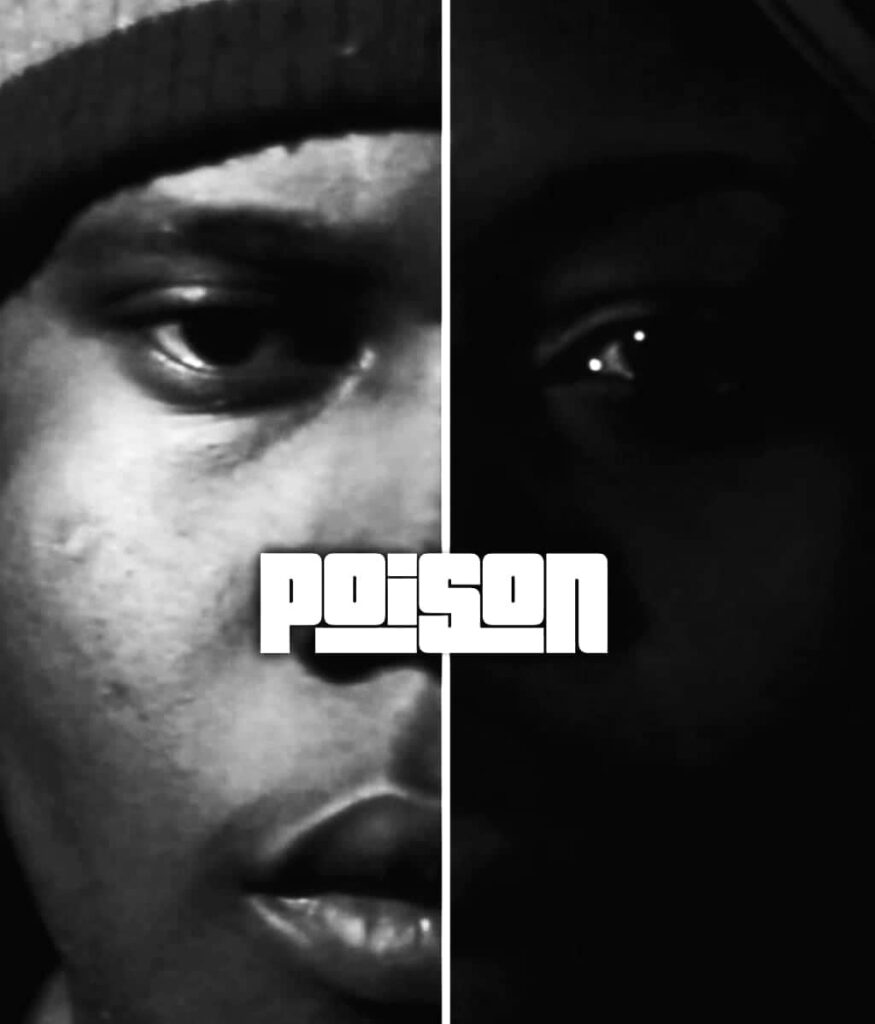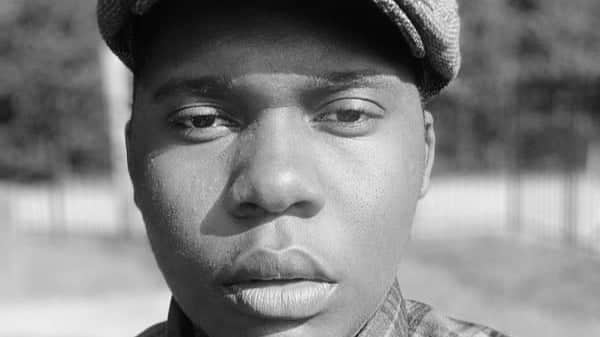
-Who is Corey Davis?
I am a young man currently studying film at Clayton State University in Morrow, GA. I have always aspired to become a writer, director, actor, and producer. Ever since I was a young boy, it has always been a passion of mine to tell thought provoking stories that will leave the audience with something to think about. As a night owl, I tend to stay up pretty late because my brain is always fishing for some creative ideas for new stories. I tend to feel more creative at night. I always thought that film would be a way for me to express certain messages about the world we live in such a way that I never could in person with anyone.
-What inspired you to become a filmmaker
I have been into film since a very young age (six years old to be exact). The early part of my childhood was a little rough. I was told that I had Asperger’s Syndrome, which made it hard for me to socially connect with people and communicate effectively in a sense that people could understand. I even had to ride on the bus with Special Ed students because I was seen as different from other kids. Instead, I always resorted to using my imagination to communicate, and that imagination was based on shows and movies I watched at the time. As a kid, I used to always have these wild imaginations of escaping my reality and inserting myself into these different [film] worlds. I have always wanted to express my thoughts and views on the world in ways that I never could in real life, and film to me has always been the appropriate medium to use to accomplish such feat. Whenever I would see the names of different people working on a film in the credits, I would always tell myself that one day my name will be scrolling up on the screen.

–Do you think the cinema can bring a change in the society?
I definitely believe that cinema is one of the best ways to bring a change in society because you every film has a symptomatic meaning to it in a sense that it can either get the audience to question reality, bend it, or just simply accept it. I believe cinema is a way to bring people together and allow for people to connect with real-life issues that can be seen conveyed by fictional, or even nonfictional, characters. Poison, for instance, is one of those films that takes a coin and flips it to the other side that is not looked at much. In this case, we have the male protagonist, Darnell (portrayed by Corey Davis), who has been abused and tormented by his sadistic girlfriend, Donna, who pledges to make sure he never “forgets” about her. Normally in everyday society, we are preconditioned to be more sympathetic towards a woman being abused by a man as opposed to the other way around, and I wanted to bring into fruition a subject matter that is not talked about much, you know, flip the other side of that coin I mentioned earlier.
Color also plays as an important element in this as it serves as a double entendre: one side of the coin illustrating the bipolar disorder that Donna has and the politics behind abuse and the double standards that surround them. In other words, how it is easier to accept a woman’s cry for help and negate a man’s problems in the process. The film touches on the hardships of not just abuse, but the effects toxic masculinity may have on a man, preconditioning him to “suck it up” and be tough, leave the emotions and the cries for help at the door. Those situations are what make Poisonunique and interesting to explore. That is the power of cinema: allowing moviegoers and everyday people to challenge and look at everyday society from a different perspective, and when we all learn from each other’s different perspectives, that can definitely bring forth a change.
–What would you change in the world?
There are two things I would change in the world. Firstly, I would change the ways in how human beings get heavily influenced by the power of the media to believe in false rhetorics and biases. I want my future films to inspire people to look at certain issues in a different sense and develop their own interpretations and assertions from what they have been exposed to rather than forcing or brainwashing them to believe in what the masses believe in. Secondly, I would change the science of social interactions people have with one another. In other words, how we as people treat other. I would want racism to end and promote peace, love, unity, respect, and kindness worldwide.

Where do you see the film industry going in the next 100 years?
After bring in a worldwide pandemic for two years now, I can honestly say that I see the film industry in a recovery stage, striving to pick itself back up from lack of congregation in theaters, the high demand for content on streaming platforms, and the threat of box office failures generating low performances. We are living in a digital era, which means the cinematic experience we once had in the past is gradually faltering, causing people to want to enjoy entertainment within the confines of their own homes rather than going out on a journey to be immersed with big-screen entertainment. Technological innovations will definitely become more advance to the point where our homes will become theaters in of themselves. I am not saying the industry will be pulling on its last leg. I am saying, however, that cinema will advance itself while trying to recover from traditional cinematic methods to make a film that we will diminish the true purpose of going to the theaters: to congregate and share a cinematic experience with one another based on a common taste we have in this medium that is so-called cinema.

